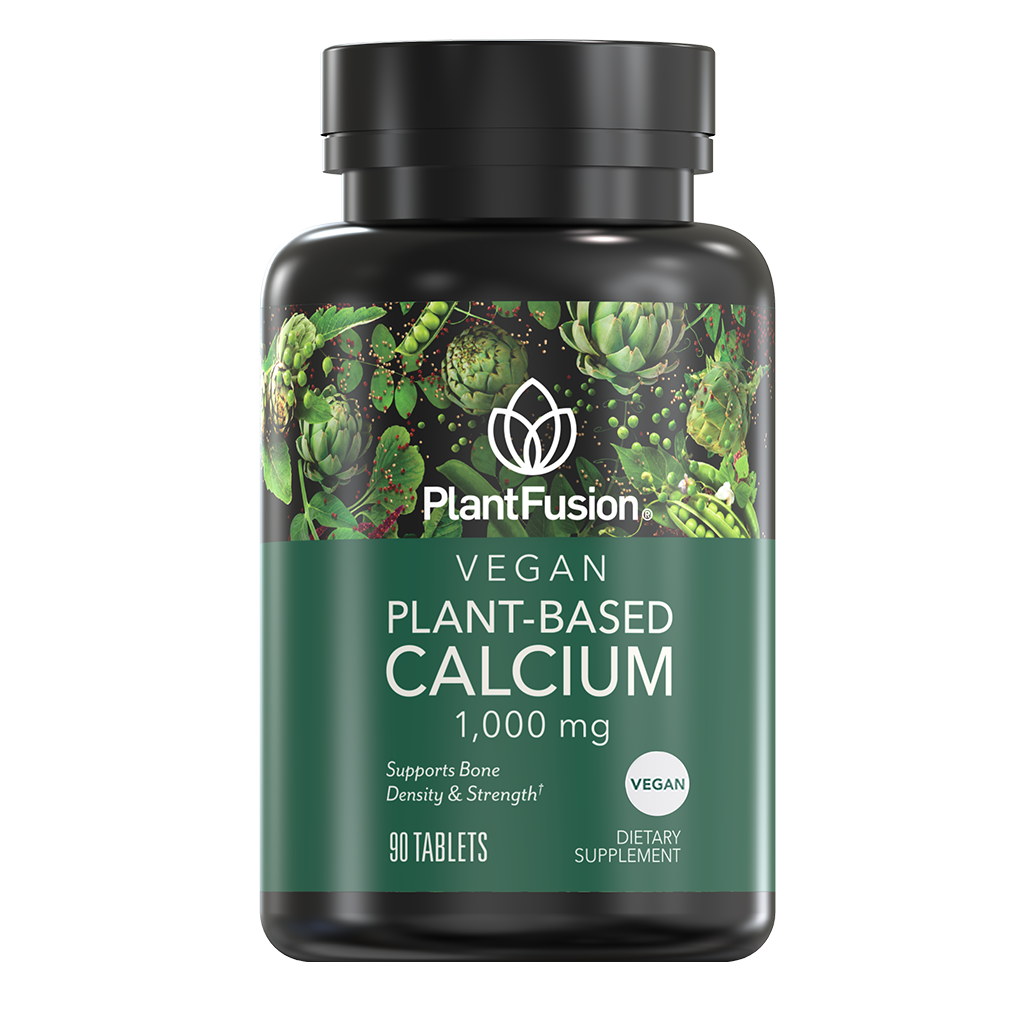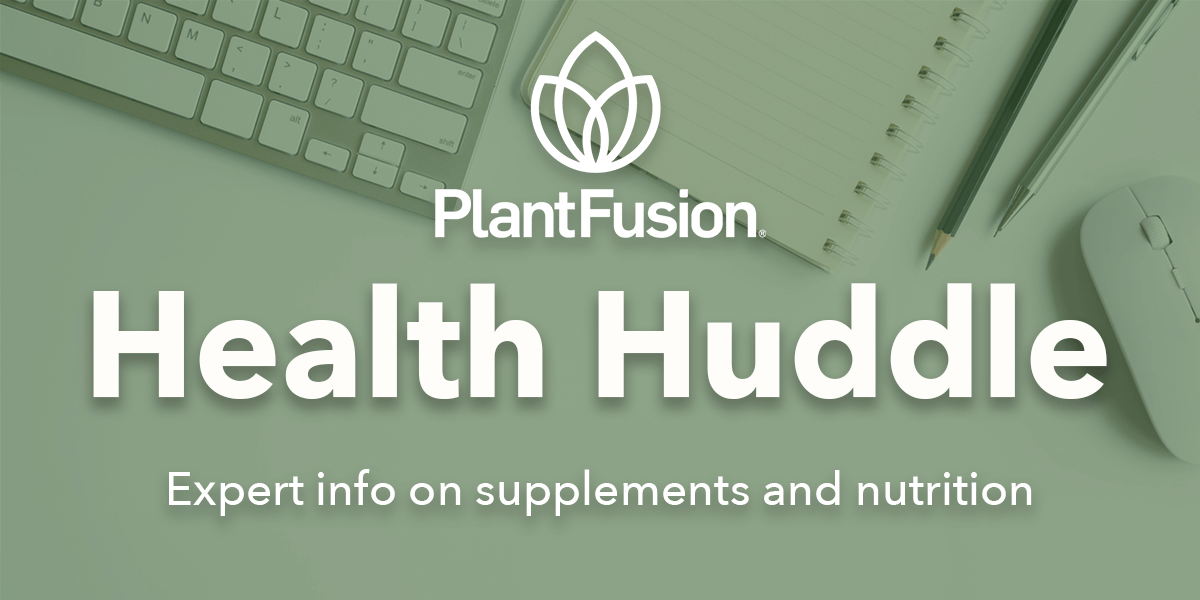Collagen supplements are everywhere! In news articles, television doctor shows, and all over your social media feed. Collagen has been all the rage for the past year and a half. No surprise that, as the demand for collagen keeps increasing, stores have been having a hard time keeping this “magical” substance on their shelves
But why? What is actually in this product? And is it really making a positive impact on my health? It seems we’ve all suddenly fallen under the “Collagen Spell”. No doubt, the idea of a “do everything” miracle supplement that has the power to build our muscles, our joints, and even make us more beautiful, is certainly appealing!

As a certified nutritionist and someone who has been working in the nutrition industry my entire career, I’ve seen this movie before. I think it was the 1992 film “Death Becomes Her” starring Meryl Streep and Goldie Hawn. Having a magic potion or pill is too good to be true! How can one single supplement be the solution to everyone’s problems? The simple answer, it cannot.
What Is Collagen?
Collagen is a tough, fibrous protein found in your hair, nails, bones, tendons, ligaments, and skin. It helps your skin stay toned and supple and it gives tendons and ligaments their toughness. As you age, your body begins producing less collagen, which is one reason why skin starts to sag and joints become achy.
To further understand what collagen is and why companies have so many different health claims for it, we need to dissect what actually makes up collagen. What actually creates collagen protein?
The answer………amino acids. All proteins are created through the bonding of amino acids known as a peptide bond. Each individual protein has its own specific arrangement of the amino acids. This determines the type of protein and location in the body. Collagen itself is created by 4 specific amino acids, whereas most proteins contain 20. Collagen’s peptide bond contains the amino acids glycine, proline, hydroxyproline, and alanine.

Protein molecules are most often too large for our body to absorb in their whole form. As part of the digestion process, our body breaks the protein down into its individual amino acids, allowing for easy absorption and utilization. Each amino acid has its own biological function, and once absorbed, will perform that function.
Of course, there are a few other biochemical factors needed for the production and transit of collagen. Without fibroblasts, the assembly of collagen and its amino acid structure would not be possible. These cells produce certain enzymes and cofactors that are required for amino acids to construct collagen and all its components. Fibroblasts create the precursors necessary in collagen synthesis. The same way an auto mechanic might repair a car using different parts and tools, fibroblasts are the repairmen for collagen. They create different parts and structures to restore our collagen as a whole.
Along with amino acids, there are a myriad of vitamins, minerals and nutrients which are needed for the production of collagen. Fat soluble vitamins like A and D are necessary in aiding amino acid functions and for building collagen, as well as supporting the hydration and structure of cellular walls. Vitamin C and other antioxidants also have roles in the production and functionality of collagen as well as maintaining its strength. All of these elements working together determine how well your body builds, hydrates, and protects its own collagen.
So How Do Collagen Supplements Work?
The collagen in our body is no doubt important and something that we want to build and protect, which led to the flood of collagen supplements popping up all over the place. Since plants do not make collagen, these supplements are produced from animal sources. In fact, collagen supplements begin as the waste products of industrial meat production. So for the meat industry, collagen supplements have become a sudden and unexpected financial bonus. You see, after the prime cuts of meat are sold as steaks and the sub-prime cuts are made into chicken nuggets or hot dogs, what's left? - the bones, cartilage, skins and other scraps. These animal parts are cracked, boiled, ground up and processed with high heat and chemicals to yield something called gelatin —a waste product of meat production. Over the years, the food companies figured out how to sell the gelatin as a filler ingredient to make everything from marshmallows to beauty creams. The newest market for gelatin is the supplement industry where it’s been further processed into collagen peptides (aka: protein fragments) and sold as an all-purpose elixir. Remarkably, some of these companies are selling tubs of this gelatin/collagen for over $40!
Building Collagen With the Power of Plants
There is limited research to support whether or not the incomplete protein found in animal collagen is useful as a supplement. There are also the safety and ethical issues that go even deeper. Understanding that the key players in producing collagen are amino acids, vitamins, minerals, and antioxidants, will put you in a much better position toward improving collagen health within your body. It can potentially save you some hard earned money too!

At PlantFusion, we believe strongly that everything we need to heal and restore our bodies can be gained from plants and the earth. There are healthier ways to naturally enhance your collagen production that will not only yield much better results, but mitigate the senseless destruction of animals. We are actively engaged in a research project, exploring unique botanicals and antioxidants that are better suited for overall joint and skin health and we would love to keep you updated with our findings!
If you want to learn more, pleaseclick here, enter your name and contact information and write “collagen” in the subject line and message box.














